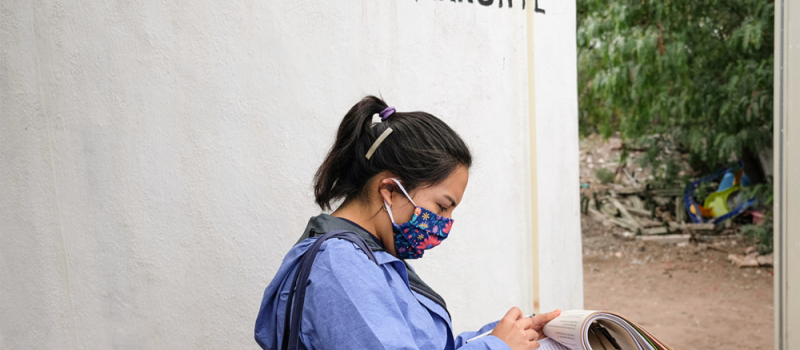
Last year, Caminos de Agua (Caminos) launched by far the most ambitious project in our 10-year existence. This project was developed in partnership with long-time collaborators INANA, A.C. and local grassroots organizations CUVA-PAS, SECOPA, and the San Cayetano Community Center. Primarily funded by the largest grant in Caminos’ history – MXN $7.6 million pesos over three years, awarded by the Gonzalo Río Arronte Foundation – this project involves constructing no less than 330 rainwater harvesting systems in 30 different rural communities within four municipalities in our region. The municipal government of San Miguel de Allende has added an additional $1 million pesos to the project, and our network of grassroots organizations, NGOs, and the local communities themselves are providing more than $6 million pesos in in-kind and cash support.
The project also includes construction of 30 composting toilets, monitoring of 20 wells, and the development of a “learning community” – an intensive program for community leaders and collaborators in this project that utilizes a unique methodology called “narrative practices.” (We’ll devote a future bulletin to explaining more about this fascinating process.)
Why is this Such a Big Deal?
This is a daunting, but vitally important, undertaking for Caminos, as the need could not be more acute: these communities have some of the most extreme water scarcity problems in the region, coupled with some of the highest levels of arsenic and fluoride contamination we have registered. These rural populations are literally gasping for lack of clean, healthy water.
It also marks an important milestone for Caminos because of the way in which it came about. The local communities and our grassroots partners were intimately involved throughout the entire grant application process, which is our ideal way to work. Our community work philosophy is one of collaboration where we listen to and learn what the needs and aspirations of these communities are, and we develop appropriate solutions in partnership with those who will utilize and benefit from this work.
A marvelous example of that philosophy in action is the inclusion of composting toilets in this project – a technology Caminos had previously been weary of implementing due to the difficulty of transferring this technology over the long term. The affected communities expressed loudly and clearly that they were fed up with using what precious little water they had to flush toilets, when they knew a better alternative existed, and thus dry composting toilets are now an integral part of this effort.
The project requires an extraordinary amount of coordination and planning, as there are a seemingly infinite number of moving parts involving hundreds of people and complex logistics in all of these different communities over a large geographic area. Our capable Director of Programs, Casilda Barajas, together with our ace Community Projects Coordinator Saúl Júarez, are charged with the monumental task of keeping everything organized and running smoothly. And we’ve recently welcomed the talented Ana Torres to our staff as a community organizer and educator to assist them, as the sheer number of kilometers that must be traversed to reach these widespread communities is daunting.
We simply cannot do this work alone. We are grateful to our grassroots organizational collaborators CUVA-PAS, SECOPA, and the San Cayetano Community Center, who provide endless hours organizing, educating, and working with local communities, and, of course, to INANA, A.C. who is the fiscal and legal representative of the project as well as the coordinator for the development of the “learning community” program.
Our Progress To-Date
Work began in earnest in November 2020, and excellent progress was made in the first few months. We are working in 12 communities so far, with 51 rainwater harvest systems underway, four week-long capacity trainings under our belt, and 15 dry toilets nearing completion in San Luis de la Paz. In addition, we are starting an additional 25 rainwater systems in three communities in the municipality of San Diego de la Unión as we write this.
The Impact of the Pandemic
Not surprisingly, the COVID-19 pandemic is slowing progress and making life more complicated. For example, we initially planned to conduct our educational training programs in four regional centers, but we’ve had to spread this out to 11 or 12 locations in order to keep the numbers of people attending smaller in each location. This, coupled with the new necessity to meet with families on an individual basis rather than in groups, has our small staff stretched very thin.
Since the beginning of this year, COVID has begun to hit in a serious way in these rural areas, with many involved in this project directly impacted. We are in constant contact with our community partners and readjusting as we go. While some work had to slow in some areas, we refocused our efforts in others. We are confident that we can make up for any lost time over the three-year term of the grant.
Meanwhile, our staff are taking extra precautions to limit on-site visits during this time period, and are working primarily from home, with staggered visits to the Caminos office when necessary. We are thankful that no staff members have tested positive to date.
A Watershed-Scale Initiative
It is an enormous honor and responsibility that the Río Arronte Foundation has bestowed upon Caminos and our collaborators with this important project. For this prestigious foundation to recognize the urgent need for major investment in our region has already resulted in new interest from other organizations and government agencies working on our region’s acute water issues. And for Caminos, the grant significantly increases our annual operating budget, and puts the organization on a whole new level in terms of visibility within the greater environmental community in Mexico and beyond.
Stay tuned for more updates about our progress on this project, and please check in regularly to explore the wealth of information on the Caminos website, which is always being updated with new and interesting content about this project and our many other activities.

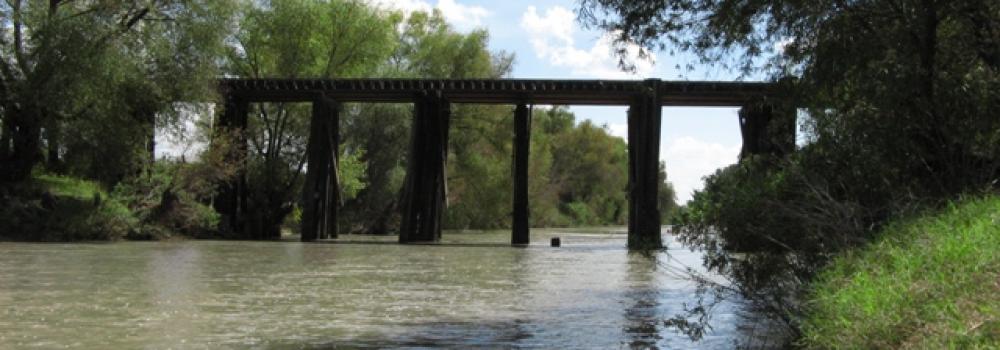
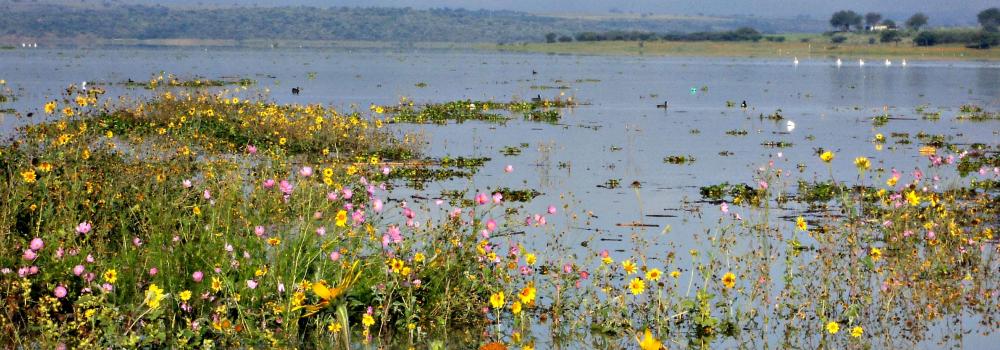
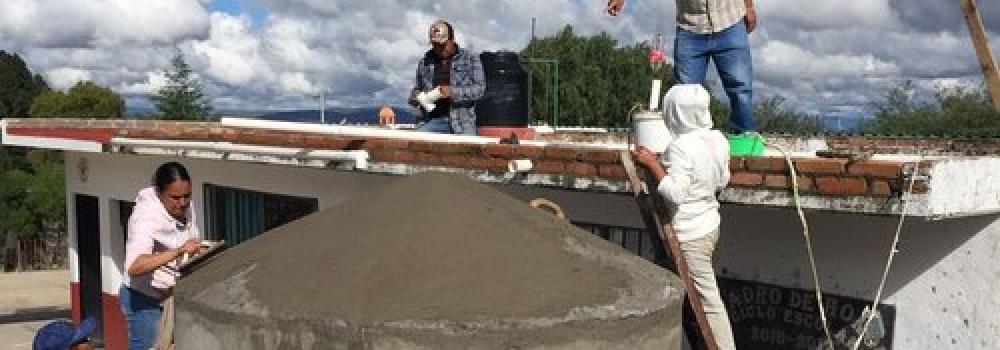
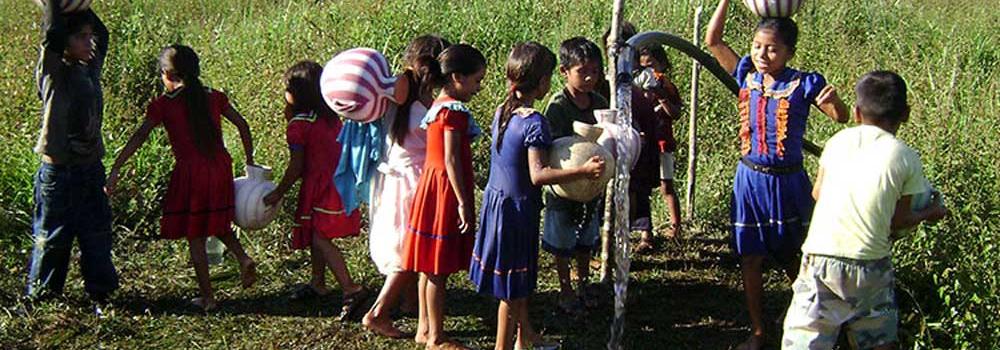

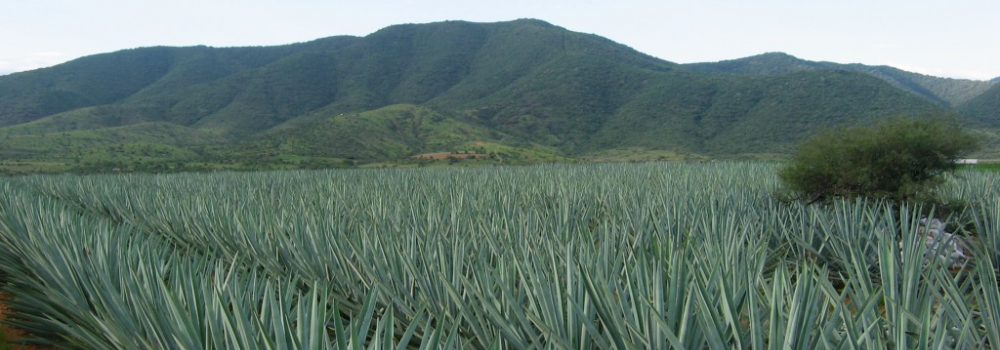

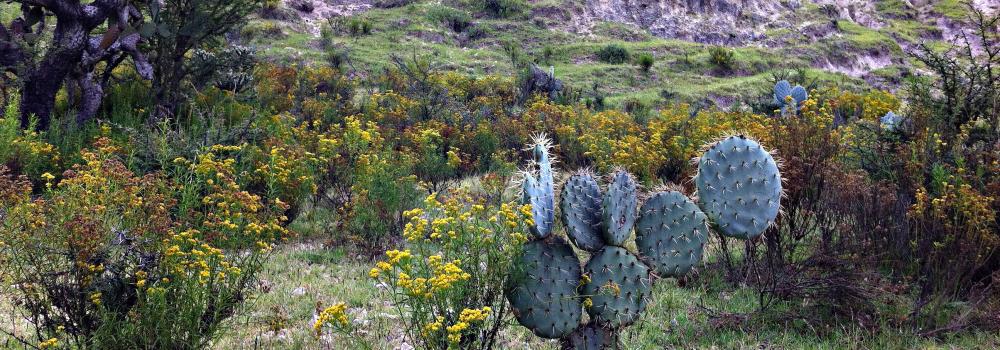
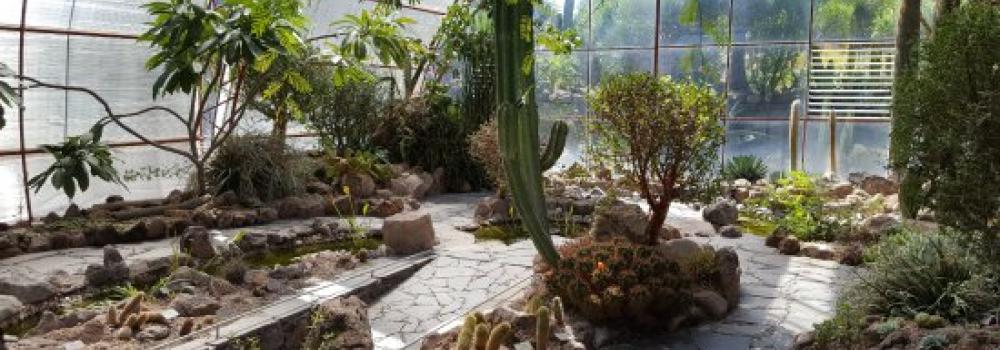
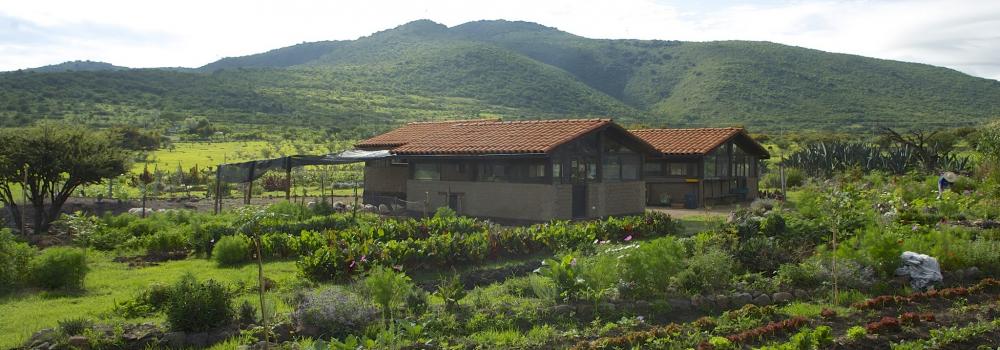
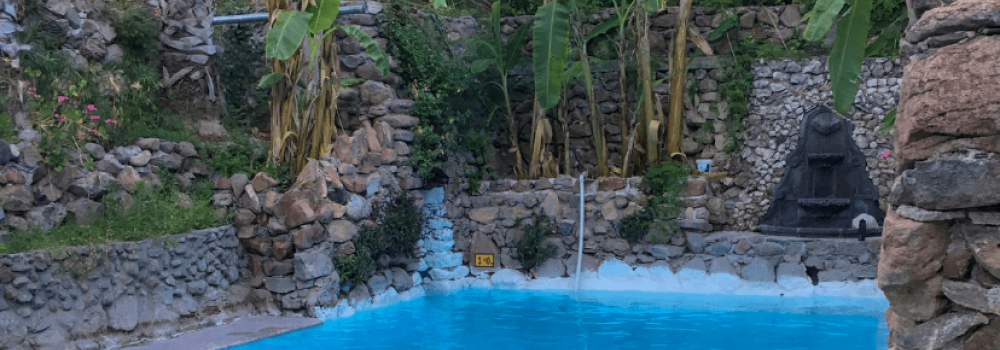
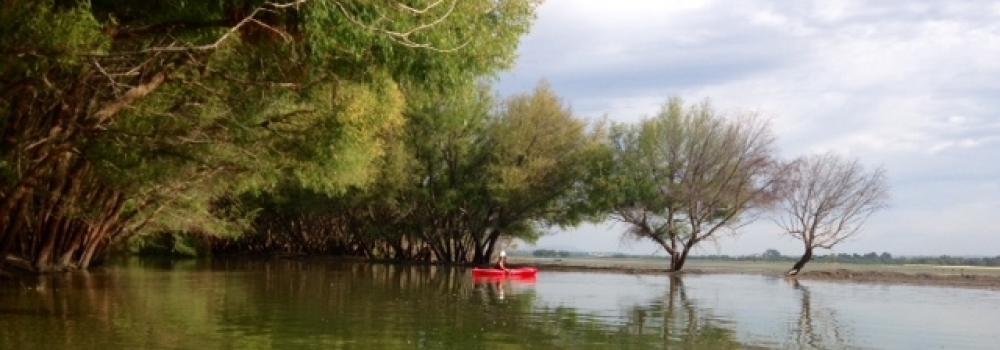
Comments
The photo for the project concerned me so thought to send this
https://odysee.com/@Jadu200:7/580076225_What-are-the-Real-Harms-of-Masking-our-Kids-Distancing-and-Experimental-Vaccines_-Dr.-Palevsky-Dr.-Breggin-Speak-Out:6?
Hope it is considered
Add new comment